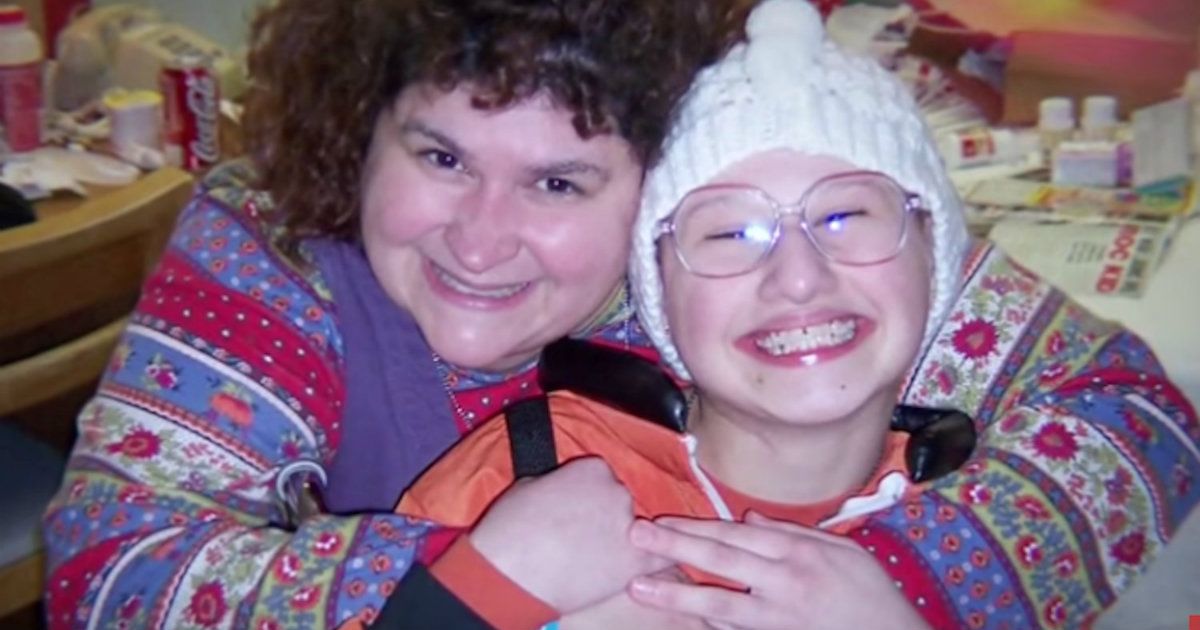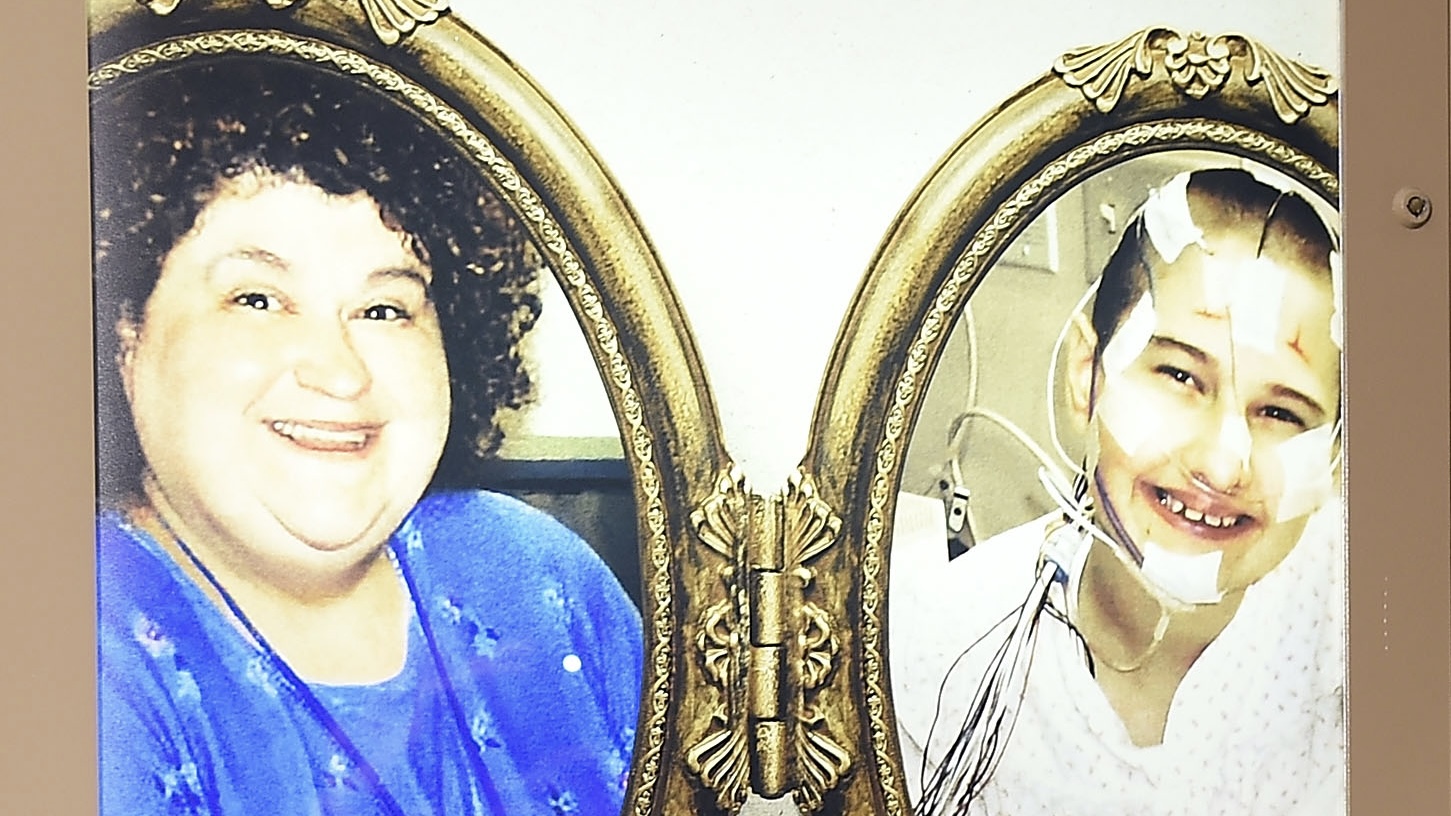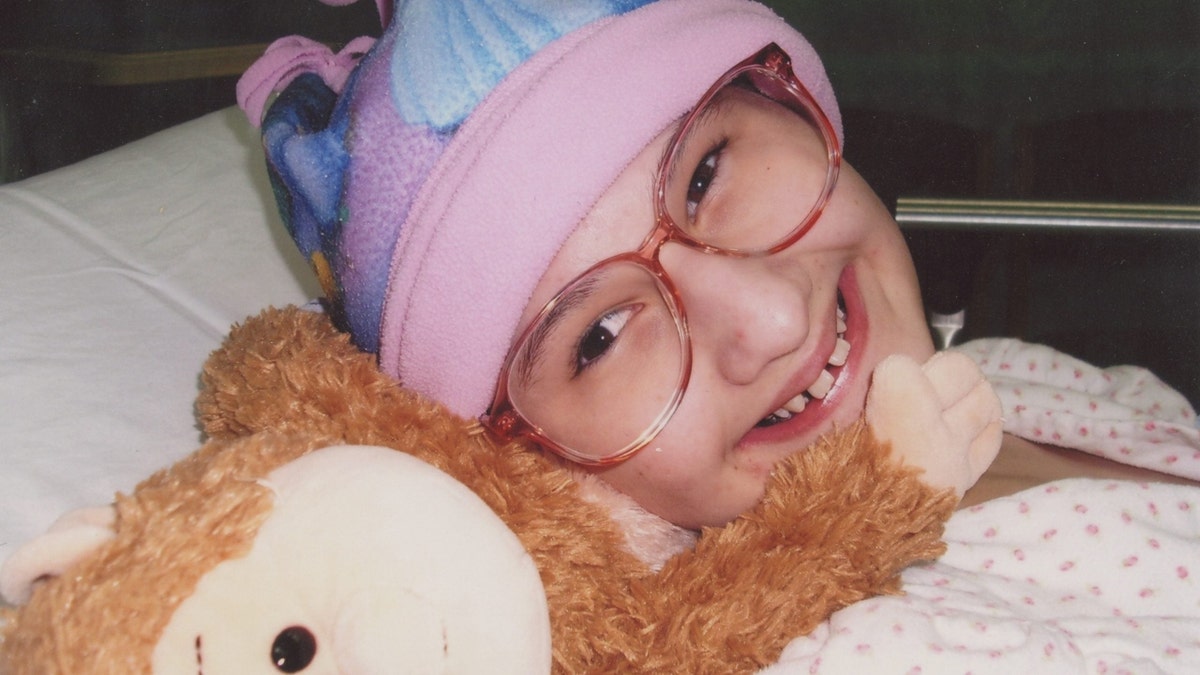When the world first learned about Gypsy Rose Blanchard and her mother's death, it sent shockwaves through society. The story of Gypsy Rose and her mother, Dee Dee Blanchard, captivated audiences worldwide, sparking intense debates about Munchausen syndrome by proxy, abuse, and the lengths some individuals go to escape toxic relationships. This article delves into the complexities surrounding the death of Gypsy Rose's mother, examining the facts, the trial, and the broader implications of this case.
From the moment the case broke, it became a focal point for discussions around mental health, parental abuse, and the justice system. The story of Gypsy Rose's mother's death is not just a crime story—it's a cautionary tale that sheds light on the darker sides of human psychology and relationships.
In this article, we will explore the events leading up to Dee Dee Blanchard's death, the legal proceedings, and the aftermath. By understanding the circumstances surrounding this case, we can gain insight into the broader societal issues it highlights. Let's begin by exploring the background of Gypsy Rose Blanchard and her mother.
Read also:How Long Has Faith And Tim Been Married A Comprehensive Look At Their Love Story
Biography of Gypsy Rose Blanchard
Early Life and Background
Gypsy Rose Blanchard was born on May 17, 1991, in Springfield, Missouri. From a young age, she was portrayed as a severely ill child by her mother, Dee Dee Blanchard. The public perception of Gypsy Rose was that of a chronically ill girl confined to a wheelchair, suffering from a variety of medical conditions. However, the truth was far more sinister.
Below is a table summarizing key details about Gypsy Rose Blanchard:
| Full Name | Gypsy Rose Blanchard |
|---|---|
| Date of Birth | May 17, 1991 |
| Place of Birth | Springfield, Missouri |
| Known For | Her role in the death of her mother, Dee Dee Blanchard |
| Legal Status | Served a prison sentence for her involvement in her mother's murder |
Table of Contents
- Biography of Gypsy Rose Blanchard
- Early Life and Background
- Munchausen Syndrome by Proxy
- The Troubled Relationship
- Gypsy Rose Mother Death
- Legal Proceedings
- Psychological Impact
- Media Coverage
- Public Opinion and Reaction
- Lessons Learned
Munchausen Syndrome by Proxy: Understanding the Illness
Munchausen syndrome by proxy (MSBP) is a rare and complex form of abuse where a caregiver, usually a parent, fabricates or induces illness in a child. In the case of Gypsy Rose, her mother Dee Dee Blanchard was diagnosed with MSBP. Dee Dee convinced medical professionals and the public that Gypsy Rose suffered from numerous severe illnesses, including leukemia and muscular dystrophy, despite Gypsy Rose being perfectly healthy.
Key Symptoms of MSBP:
- Fabrication of symptoms by the caregiver
- Induction of illness in the child
- Excessive medical interventions
- Deception of medical professionals
Studies suggest that MSBP affects approximately 1 in 1 million children, making it an extremely rare but devastating form of abuse. The psychological impact on the child can be profound, leading to long-term trauma and trust issues.
The Troubled Relationship Between Gypsy Rose and Her Mother
Emotional Manipulation and Control
The relationship between Gypsy Rose and her mother was deeply toxic. Dee Dee exerted extreme control over Gypsy Rose, isolating her from the outside world and manipulating her into believing she was terminally ill. This manipulation extended to Gypsy Rose's personal life, as Dee Dee forbade her from having any romantic relationships or friendships outside their home.
Read also:Uzi New Album Cover A Deep Dive Into The Art Music And Impact
Gypsy Rose's desire for independence and freedom grew stronger as she matured, but Dee Dee's controlling behavior made it nearly impossible for her to break free. This dynamic ultimately played a significant role in the events that led to her mother's death.
Gypsy Rose Mother Death: The Tragic Event
On June 10, 2015, Dee Dee Blanchard was found dead in her Springfield, Missouri home. She had been stabbed multiple times, and the investigation quickly pointed to Gypsy Rose and her then-boyfriend, Nicholas Godejohn, as the perpetrators. The two were arrested and charged with first-degree murder.
The motive behind the murder was revealed during the trial. Gypsy Rose testified that she felt trapped in a life of abuse and manipulation, and she saw no other way out. Nicholas Godejohn, who was also a victim of Dee Dee's manipulation, allegedly helped plan and execute the murder.
Legal Proceedings and Trial
The Verdict
Gypsy Rose Blanchard and Nicholas Godejohn were tried separately for the murder of Dee Dee Blanchard. Gypsy Rose pleaded guilty to second-degree murder in exchange for testifying against Godejohn. She was sentenced to 10 years in prison. Godejohn was convicted of first-degree murder and sentenced to life in prison without the possibility of parole.
The trial brought to light the psychological and emotional abuse Gypsy Rose endured at the hands of her mother. It also highlighted the complexities of the justice system when dealing with cases involving victims who become perpetrators.
Psychological Impact of the Case
Long-Term Effects on Gypsy Rose
The psychological impact of the case on Gypsy Rose cannot be overstated. Growing up under the constant manipulation and control of her mother left her with deep emotional scars. Her involvement in her mother's murder further complicated her mental health, leading to guilt, trauma, and a struggle to rebuild her life after prison.
Studies show that individuals who experience severe childhood abuse often face challenges in forming healthy relationships and maintaining mental well-being. Gypsy Rose's case is a stark reminder of the lasting effects of abuse and the importance of early intervention and support for victims.
Media Coverage and Public Interest
The story of Gypsy Rose and her mother's death captivated the media and the public. The case was widely covered by news outlets and became the subject of documentaries, books, and even a television series. The fascination with the case stems from its complex and disturbing nature, raising questions about the limits of parental control and the psychology of abuse.
According to a report by the Pew Research Center, crime-related stories often generate significant public interest, especially when they involve psychological elements and family dynamics. The Gypsy Rose case is a prime example of this phenomenon.
Public Opinion and Reaction
Diverse Perspectives
Public opinion on the Gypsy Rose case is divided. Some view Gypsy Rose as a victim of abuse who was driven to extreme measures to escape her mother's control, while others see her as a perpetrator who committed a heinous crime. This duality reflects the complexity of the case and the challenges in assigning blame.
Social media platforms have been instrumental in shaping public discourse around the case. Online discussions often focus on themes of justice, abuse, and the role of mental health in criminal behavior. The diversity of perspectives highlights the need for nuanced discussions about these issues.
Lessons Learned from the Gypsy Rose Case
The death of Gypsy Rose's mother serves as a powerful reminder of the importance of recognizing and addressing abuse in all its forms. It underscores the need for increased awareness of conditions like Munchausen syndrome by proxy and the impact of childhood trauma on mental health. By learning from this case, we can work toward creating safer environments for children and supporting victims of abuse.
Key takeaways from the case include:
- The importance of early intervention in cases of suspected abuse
- The need for better support systems for victims of abuse
- The role of mental health in understanding criminal behavior
Conclusion
The story of Gypsy Rose Blanchard and her mother's death is a complex and tragic tale that continues to resonate with audiences worldwide. It highlights the devastating effects of abuse and the lengths some individuals may go to escape toxic relationships. By examining the facts, the trial, and the broader implications of this case, we can gain valuable insights into the psychological and societal issues it represents.
We invite you to share your thoughts on this article in the comments section below. If you found this article informative, please consider sharing it with others. For more in-depth discussions on related topics, explore our other articles on the site. Together, we can continue the conversation about the importance of recognizing and addressing abuse in all its forms.


